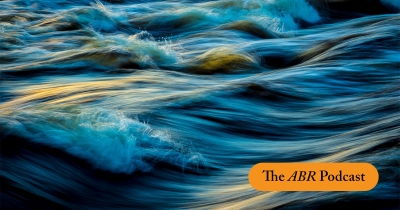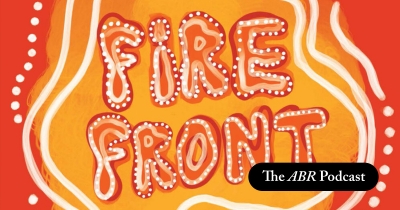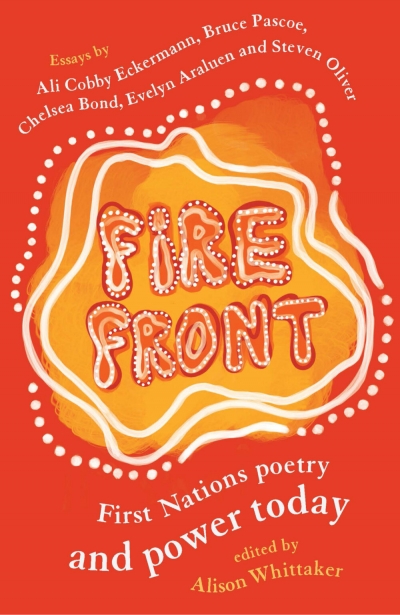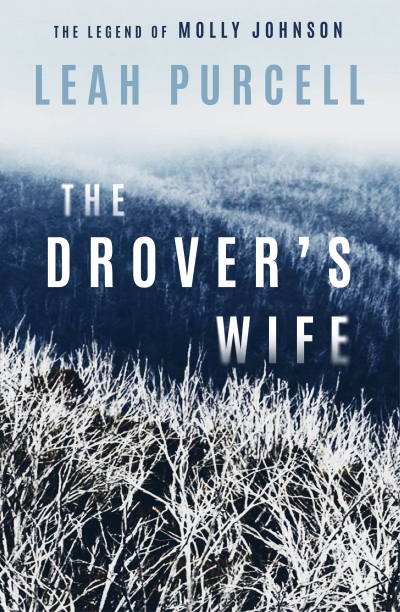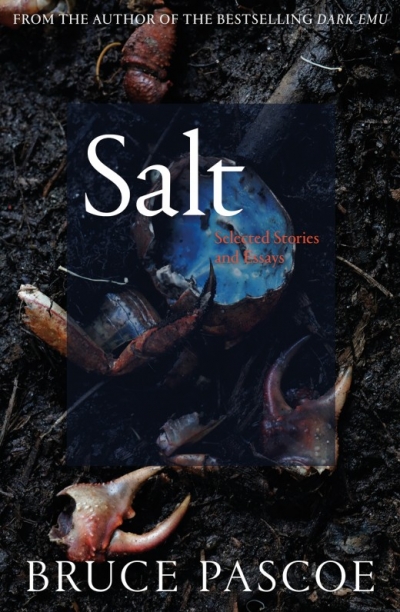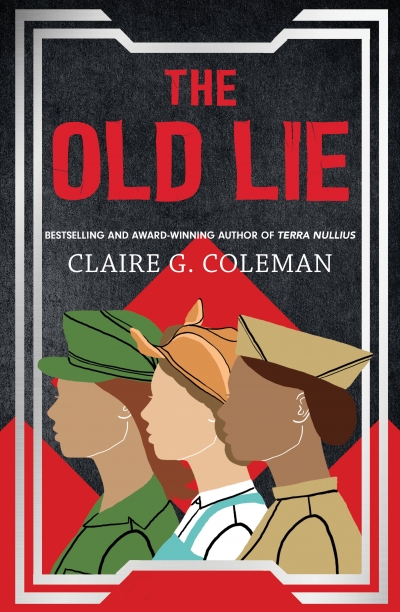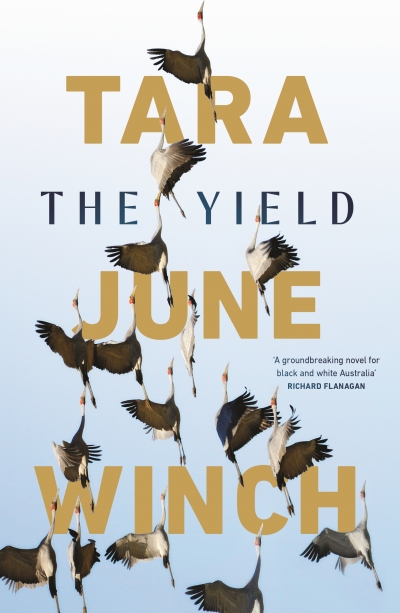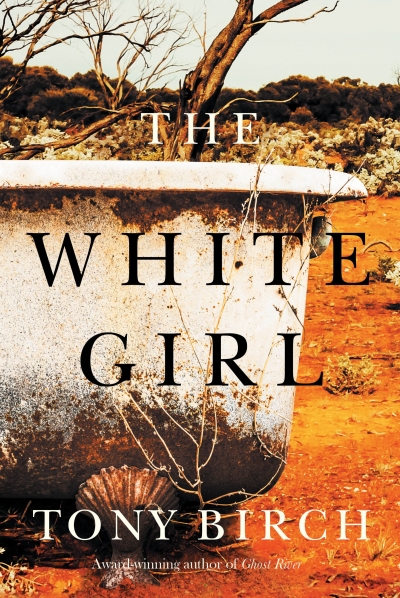Indigenous Writing
In today's episode, listen to Mykaela Saunders read the entirety of her remarkable 'River Story', which won this year's ABR Elizabeth Jolley Short Story Prize. Mykaela is a Koori writer, teacher, and community researcher. Of Dharug and Lebanese ancestry, she’s working-class and queer, and belongs to the Tweed Aboriginal community. Mykaela has worked in Aboriginal education since 2003, and her research explores trans-generational trauma and healing in her community.
... (read more)Fire Front, edited by Gomeroi author and scholar Alison Whittaker, is an anthology of contemporary First Nations poetry. Featuring several eminent Australian writers – including Ellen van Neerven, Tony Birch, Alexis Wright, and many more – this collection serves as a testament to the contemporary renaissance of First Nations poetry. It is divided into five thematic sections, each introduced by an essay written by a prominent Aboriginal writer and thinker, such as Bruce Pascoe, Ali Cobby Eckermann, and Evelyn Araluen.
In this episode, listen to Declan Fry discuss Fire Front before reading his review of the book.
... (read more)A crow-shaped shadow flies across the river. Juna knows that her daughter is coming, so the right thing to do is make her favourite feed. Juna casts a fishing net over the river with her mind. The net drifts onto the surface, slips under the skin, and is swallowed by the water. The net descends through the deep water slowly, resting on the bed. River grass unflattens and pokes up between the spaces. Juna sings a song to attract fish to the area.
... (read more)Fire Front: First Nations poetry and power today edited by Alison Whittaker
‘The constant loss of breath is the legacy.’ So wrote poet Ali Cobby Eckermann in 2015 for the anthology The Intervention. The eponymous Intervention of 2007 in the Northern Territory was, in the long history of this continent, the first time that the federal government had deployed the army against its own citizenry. As I write this review, in the United States police are using tear gas, traditionally reserved for warfare, against those protesting the worth of black life, while the president flirts with the idea of calling in the military. Some of us gasp in shock. Some, in suffocation.
... (read more)The Drover’s Wife: The legend of Molly Johnson by Leah Purcell
Leah Purcell has described how her lifelong fascination with Henry Lawson’s iconic 1892 short story provided her with abundant creative ammunition. Her mother read her the story when she was five; it held a special place for them both. ‘I’d say the famous last line: “Ma, I won’t never go drovin ... she’d tear up”.’
... (read more)A whistleblower’s child hides from a drug ring in the Blue Mountains. A sixteen-year-old rolls through life like an armadillo. A Melbourne high-school graduate wrestles with her insecurities. The daughter of a Chinese restaurateur juggles her responsibility to care for her siblings as her mother’s health deteriorates.
... (read more)Bruce Pascoe’s Salt is a wonderfully eclectic collection of new works and earlier short fiction, literary non-fiction, and essays written over twenty years. Structured thematically across six themes – Country, Lament, Seawolves, Embrasure, Tracks, and Culture Lines – Salt moves between the past and the present with Pascoe’s distinctively poetic voice. Readers of Dark Emu (2014) and Convincing Ground (2007) will be familiar with the style and subject matter but will discover newly released or reworked gems.
The title speaks to memories and ghosts triggered by the smell of salt; its ability to clean, to render flesh and skin from bone, to preserve evidence, to signal cumulative impacts on Country. The prevalence of salt speaks to the power and closeness of sea Country and our dwindling salty river systems, increasingly threatened by human intervention. Pascoe’s characters are richly drawn from this salted earth and exposed to the light and the elements. Whether presented as fiction or the voices of shared histories, his characters are grounded within the seasons and Country. So, too, in Pascoe’s view, are their possibilities of reviving this salted earth through heeding Indigenous knowledge and experience.
... (read more)In The Old Lie, Claire G. Coleman has given herself a right of reply to her award-winning début novel, Terra Nullius (2007). Here, she strips away some of the racial ambiguity of the human–alien invasion allegory of that novel and leaves in its place a meaty analysis of colonisation and imperialism ...
... (read more)Wiradjuri writer Tara June Winch is not afraid to play with the form and shape of fiction. Her dazzling début, Swallow the Air (2006), is a short novel in vignettes that moves quickly through striking images and poetic prose ...
... (read more)If the number of reviews and interviews are indicators of a new book’s impact, Tony Birch’s novel The White Girl has landed like a B-format sized asteroid. Birch’s publisher estimates a substantial number of reviews and other features since publication. I’ve consulted none of them ...
... (read more)

